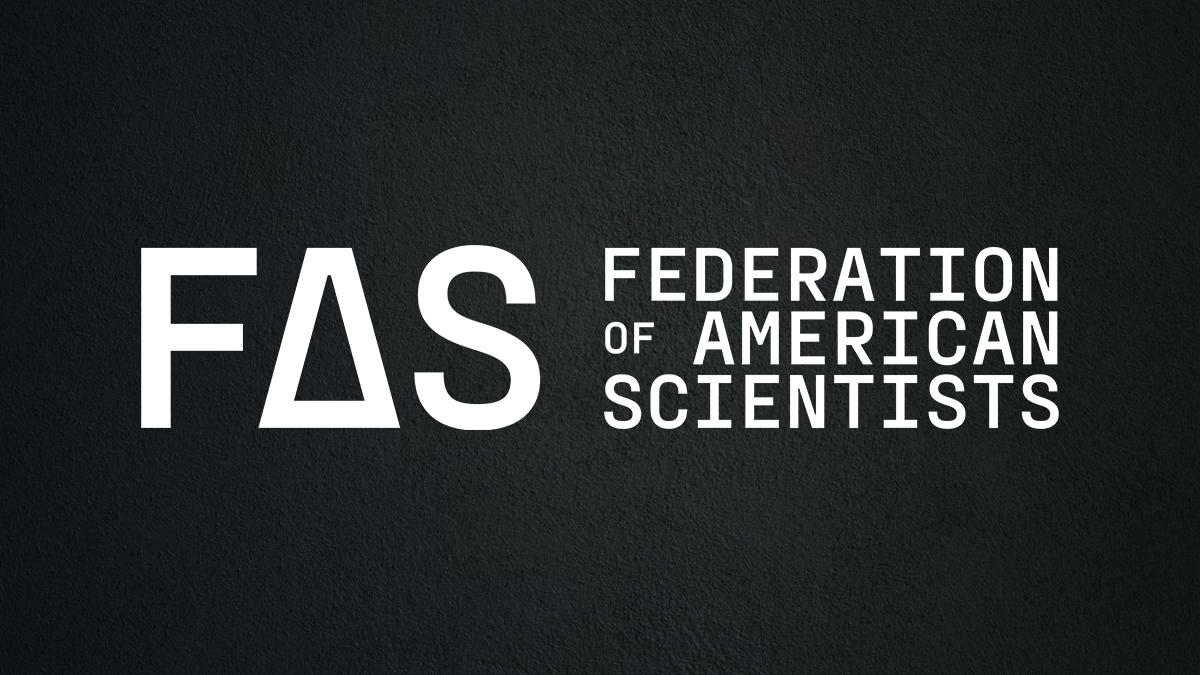
Federation of American Scientists Announces Food Supply Chain Impact Fellowship to Amplify Food System Policy Priorities
Fellows will focus on the development and implementation of innovative approaches to improve competition in the nation’s food supply chain
Washington, D.C. – The Federation of American Scientists (FAS) today announced a call for applications to the Food Supply Chain Impact Fellowship, designed to improve the nation’s small- and mid-size food businesses. The FAS Impact Fellowship program provides a pathway for diverse food systems and supply chain experts to participate in an impactful, short-term “tour of service” in the federal government.
The Food Supply Chain Impact Fellowship is a new fellowship opportunity administered by the FAS Talent Hub. FAS will place two cohorts of fellows at USDA to work on critical food supply chain issues. Fellows will develop and implement plans to support the Regional Rood Business Centers, the Resilient Food Systems Infrastructure program, and other food system transformation priorities.
At FAS fellows will participate in deep-dives into executive and legislative systems and unique USDA-specific sessions led by food system experts. Fellows will also receive training on how to lead change as a partner with the Federal government that includes an introduction of government programs and innovative practices.
Impact Fellows help ensure that on-the-ground skills and experience are inextricably linked with policymaking as our nation confronts unprecedented challenges and pursues ambitious opportunities.
Interested parties are encouraged to apply at https://fas.org/talent-hub/fscfi/
ABOUT FAS
The Federation of American Scientists (FAS) works to advance progress on a broad suite of contemporary issues where science, technology, and innovation policy can deliver dramatic progress, and seeks to ensure that scientific and technical expertise have a seat at the policymaking table. Established in 1946 by scientists in response to the atomic bomb, FAS continues to work on behalf of a safer, more equitable, and more peaceful world. More information at fas.org.
###
Without a robust education system that prepares our youth for future careers in key sectors, our national security and competitiveness are at risk.
The Federation of American Scientists applauds the United States for declassifying the number of nuclear warheads in its military stockpile and the number of retired and dismantled warheads.
The Federation of American Scientists (FAS) takes its role as a beacon and voice of the scientific community very seriously. We strive for a world that is both more inclusive and informed by science, and are committed to the idea that the path to that world starts by modeling it within our organization.
To understand the range of governmental priorities for the bioeconomy, we spoke with key agencies represented on the National Bioeconomy Board to collect their perspectives.